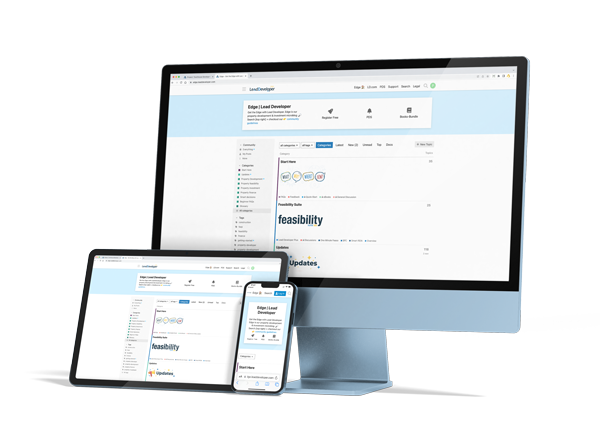Private Seller Checklist for Selling Home
1. Pricing Your Property
- Determine the asking and minimum price.
- Research comparable sales and market reports.
- Inspect similar properties and note their conditions and presentation.
- Understand unique selling points of your home.
- Calculate total costs (original price, renovations, repairs, legal fees, etc.).
- Set a realistic and competitive price.
2. Legal Preparation
- Engage a solicitor or conveyancer for legal documentation.
- Prepare a Vendor Statement with relevant property information.
- Draft the Contract of Sale.
- In some states, prepare an Offer & Acceptance Form.
3. Preparing Your Home for Sale
- Enhance curb appeal: clean front yard, remove clutter.
- Declutter and depersonalize interiors.
- Maintain and beautify the garden.
- Ensure all fixtures and fittings are in good working order.
- Upgrade exterior and entrance aesthetics.
- Organize and tidy the garage.
- Minimize and/or update furniture.
- Optimize storage areas.
- Clean and prepare the kitchen.
- Get professional cleaning for carpets, drapes, and upholstery.
- Create a welcoming ambiance with pleasant aromas.

 You are missing out if you haven’t yet subscribed to our YouTube channel.
You are missing out if you haven’t yet subscribed to our YouTube channel.
4. Marketing Your Home
- Take high-quality photos (consider a professional photographer).
- Create and distribute an informative brochure.
- Develop a compelling story or description of your home.
- Install a sale sign to increase visibility.
- Utilize social media and word-of-mouth for promotion.
- Schedule and advertise Open Inspection times.
- Prepare necessary disclosure forms.
5. Conducting Open Inspections
- Ensure the home is clean and tidy.
- Play soft background music.
- Create a welcoming aroma.
- Turn on lights and open curtains/blinds for natural light.
- Secure personal and valuable items.
- Display necessary documents and brochures.
- Set up signage for easy location.
- Collect visitor details for follow-up.
6. Negotiating and Handling Offers
- Understand and compare the terms and conditions of offers.
- Verify buyer’s financial capability and contingencies.
- Be open to counteroffers and negotiations.
- Understand different types of offers (subject to finance, sale of buyer’s property, building inspection, valuation, unconditional).
- Familiarize yourself with the cooling-off period and its implications.
7. Finalizing the Sale
- Confirm insurance responsibilities during the contract period.
- Understand clauses like early release of deposit.
- Know the specifics of an unconditional contract.
- Manage the settlement process effectively.
- Conduct a final inspection to ensure the property’s condition.
- Coordinate with legal representatives on the day of settlement.
8. Post-Sale Considerations
- Ensure all utility services are transferred or canceled.
- Notify relevant parties (postal services, subscriptions) of address change.
- Keep copies of all sale documents for your records.
- Plan for your relocation, including hiring movers if necessary.
9. Miscellaneous Tips
- Be prepared for the emotional aspects of selling your home.
- Stay informed about the current real estate market trends.
- Keep a flexible and open mindset throughout the process.
- Seek feedback from visitors to improve future showings.
Additional Resources
- Consider hiring a home staging professional.
- Stay updated on local real estate laws and regulations.
- Use online platforms and real estate websites for wider exposure.

Make It Real
 Start Your Journey Today!
Start Your Journey Today!
You are missing out if you haven’t yet subscribed to our YouTube channel.


